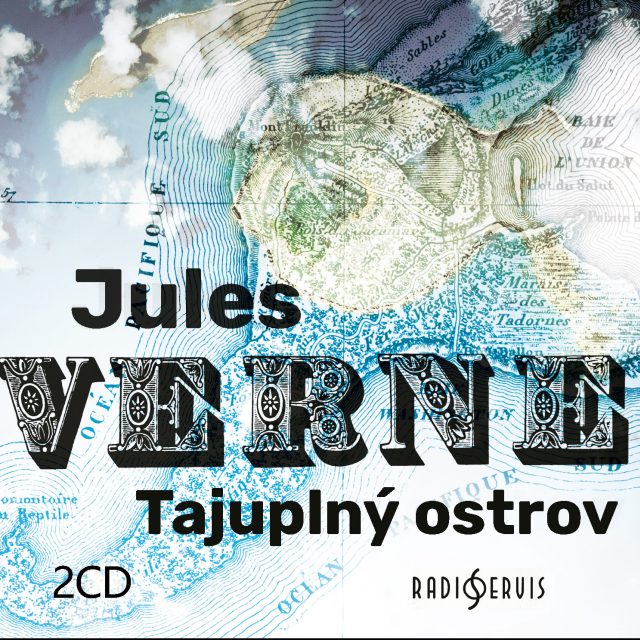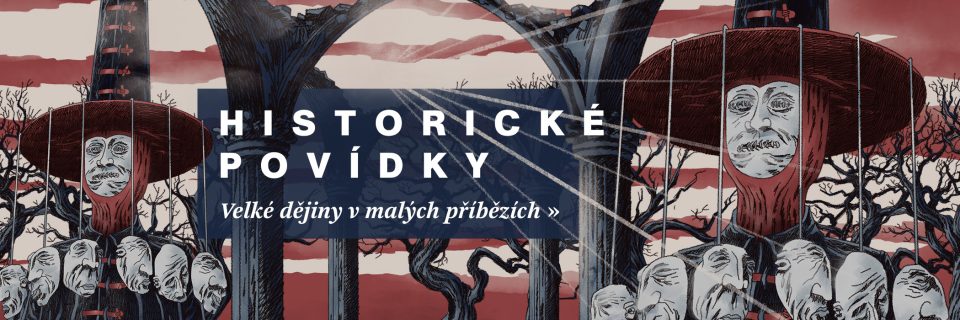Bedřich Smetana
* 2 March 1824 Litomyšl † 12 May 1884 Prague
In the developmental process of modern Czech culture in the 19th century, Bedřich Smetana, both for his works as well as for his ongoing activities in Czech musical life, occupies a key position. In the 1840s and 1850s when he was starting to build up a career as an artist, his possibilities were still quite limited. He found better conditions for earning a living and gaining recognition for his various abilities in Gothenburg in Sweden (1856-1861), where he introduced a number of major initiatives into its musical life and where he himself acquired important practical experience that proved helpful in his future activities. He returned to his homeland in the early 1860s when a more relaxed political situation in the Austrian monarchy made possible the development of a modern, confident Czech society. Culture and art – and that included music and new Czech cultural and music institutions – became a major manifestation of the efforts at national emancipation as well as a means of displaying them.
Smetana entered this milieu as a confident artist who had already formed strong opinions and who brought with him freshly acquired experience and a broad outlook, one who was ready to put his abilities at the service of a national music. In the years that followed he laid down in gradual but continuous fashion the foundations not only of modern Czech music but also of modern Czech musical life. No other Czech composer engaged himself through his activities and composing so consciously and purposefully, so closely and so versatilely as did Smetana in the social and musical events of his time. His uniqueness lay chiefly in his versatility. Not only was he a brilliant composer, whose works stood high above other Czech works of that time; he was also an outstanding pianist and chamber player as well as a respected music educator. Through his opinions and his organizing activities he exerted a telling influence on the activities of several cultural and music institutions. As a music critic, he set out clearly the requirements for the modern production of concerts and operas and pointed out current wrongs and shortcomings. As the head of the Czech Opera from 1866 to 1874, he strove to raise the level of its programming and performances, even when he had to make compromises with the real situation of those times. He enriched Prague’s musical life by having the theater orchestra play several series of philharmonic concerts, in which he himself gained stature as a music programmer and conductor.
At the height of his creative powers in 1874, Smetana went deaf. He had to give up all his public activities, and he lost his steady means of subsistence. In 1876 he moved to the countryside and concentrated completely on composing. His musical imagination and sovereign mastery of the craft of composition made it possible for him to maintain the continuity of his ideas and the logic of musical structures and to succeed in producing in short periods of work even very complicated compositions. It was thus during his deafness that about a third of his whole life’s works were written, including a series of major compositions considered to be the high points of all the genres in which he composed. It was not until after 1880 that his creative processes began to suffer seriously from his health problems and that he slowed down; however, he did not give up composing completely until shortly before his death.
In their quantity, in the choice of subjects and genres and in their performances at various stages in his life and creativity, Smetana’s works also reflect the close connection of his artistic intentions and public activities to the needs of the times. His musical language crystallized in the first half of the 19th century, chiefly in piano compositions (stylized polkas, lístky do památníku [Autum Leaves], charakteristické kusy [Characteristic Pieces]), in which at the beginning of his composing career he developed and tested his creative projects and polished his composing technique. Contacts with Ferenc Liszt, who was a major artistic authority for him, turned his attention to program music. He wrote his first symphonic poems in Sweden, and his personal conception of the program as well as the musical form of this genre would eventually culminate after he had gone deaf in the monumental six-part cycle Má vlast (My Country), a work unique in world music literature.
From the 1860s Smetana devoted the greatest part of his efforts to composing operas, generally considered at that time to be the most prestigious genre for developing national culture from both musical and social perspectives. He set out to create modern Czech opera. For that reason piece by piece he concentrated on various types of opera literature of that time in such a way that each of his eight operas represents his personal contribution to the establishment of a Czech national opera. His first work, Braniboři v Čechách (The Brandenburgers in Bohemia) is an historical opera coming from the tradition of French grand opera; it was followed by the comic Prodaná nevěsta (The Bartered Brides), Smetana’s most frequently performed opera; and by Dalibor, an example of tragic opera. Holding a exceptional place in having been written for a special national event is his celebratory opera Libuše, which Smetana considered the greatest of his dramitic music works. Dvě vdovy (Two Widows) represents the type of the conversational salon opera; the lyrical Hubička (The Kiss) bears the designation of "protonárodní" (traditionally national); another type of that period combining more serious elements with delicate situation comedy is Tajemství (The Secret) although both these last two were originally intended as comic operas, just as was the comic-romantic Čertova stěna (The Devil’s Wall). In accordance with the demands of that period he set exclusively works dealing with Czech history or legend or with contemporary Czech life and only on Czech texts.
The intimate character of Smetana’s not too extensive chamber compositions, most of them inspired by significant events in his life, have won for them an exceptional place. Smetana’s works have as their foundation a deep knowledge of both classical music and contemporary musical tendencies acquired through years of thorough study and practice. Through his creative inventiveness he managed to make impulses inspired by those trends a natural part of his own, original musical language and thus to fuse in his works classical musical ideas with the most modern and for him personally inspiring impulses, particularly those of Neo-Romantic music. The internal orderliness of his works derives from his concentrated work with motifs and his thoroughly thought out formal structures respecting classical music forms, which, however, he was able to develop and innovate in an original way in the spirit of his own program. Therein lies his great contribution not only to Czech but to European music.
The unusualness and difficulty of some of his works also provoked embarrassed and mixed reactions, and a definite positive shift in the reception of Smetana as a person and creative artist came only after the later 1870s when gradually he acquired a generally acknowledged position as a creator of national music. His artistic projects always connected Smetana to great demands on the originality of a work and the quality of the repertoire as well as its artistic interpretation; he refused those conventions and compromises with the restrictions demanded by his times when they did not fit in with his artistic intentions. As a patriot to the core but at the same time as an artist with an international outlook, he tried to combine the national ideas and needs of his times with the current impulses of European musical events and to lift thereby Czech composition and musical life up to a level comparable to that of neighboring nations, all this without any worries about any loss of national identity. In that way he was ahead of his times and remains a figure above time and one still current today.
Author: Olga Mojžíšová
Nejposlouchanější
-
Josef Váchal: Krvavý román. Temná krása literární krutosti
-
Karel Čapek: Krakatit. Román o výbušninách a snění, o lidských vášních a bohu
-
Casanova, Don Juan a spol. Povídky o dobyvatelích ženských budoárů
-
William Shakespeare: Veselé paničky windsorské. Jan Pivec jako tragikomický hrdina slavné komedie
E-shop Českého rozhlasu
Vždycky jsem si přál ocitnout se v románu Julese Verna. Teď se mi to splnilo.
Václav Žmolík, moderátor


Tajuplný ostrov
Lincolnův ostrov nikdo nikdy na mapě nenašel, a přece ho znají lidé na celém světě. Už déle než sto třicet let na něm prožívají dobrodružství s pěticí trosečníků, kteří na něm našli útočiště, a hlavně nejedno tajemství.



































